There is nothing wrong with deciding not to choose a college course and it is important to know that there are other options out there. An apprenticeship is one of those options.
Apprenticeships combines a mixture of on-the-job learning and classroom-based learning.
They are paid and the duration can be shorter than the average college course.
If an apprenticeship is something you are considering after your Leaving Certificate, Irish Country Living has found a few which might spark your interest.
This apprenticeship is for anybody interested in the cultivation of plants. Although all horticulture apprenticeships have a strong emphasis on sustainability, there are some specific to organic horticulture. Apprentices are awarded a Quality and Qualifications Ireland (QQI) Level 5 Certificate upon completing the one-year apprenticeship. Many apprenticeships have field trips and group discussions included in their modules. Topics covered include soil science, biological diversity, plant identification and organic principles. You will also learn all the ins and out of growing, caring and harvesting fruit and vegetables. Some horticulture courses also include modules on beekeeping. The Organic College and Dundrum College of Further Education offer horticulture apprenticeships.
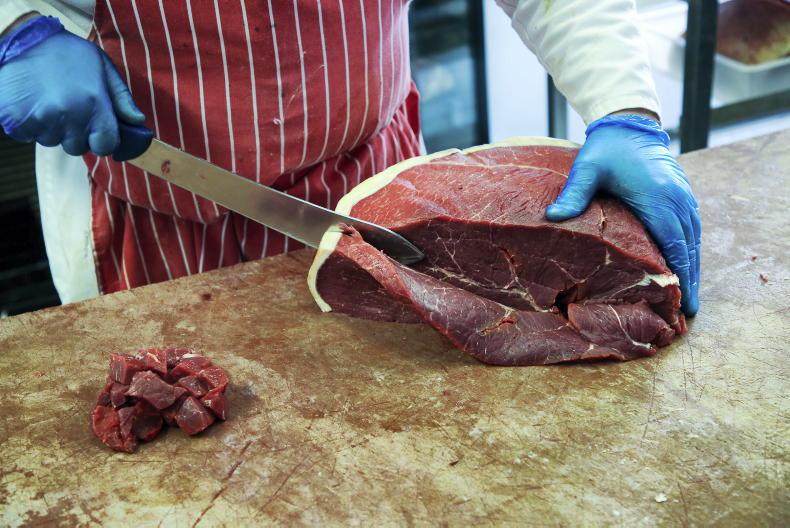
If your aim is to work in the food industry, a butchery apprenticeship is a good choice as a career path. As one of the oldest professions, it is deemed a craftmanship today. Most butchery apprenticeships are two years long and successful apprentices will achieve a QQI Level 5 Certificate. You will learn how to cut and prepare meat, as well as learning to create attractive counter displays. Other skills taught include wrapping, weighing and pricing cuts of meat. Health and safety as well as food hygiene are integral topics of the butchery apprenticeship. Some apprenticeship programmes also train you in business and customer service skills. Butcher apprenticeships are offered by James Whelan Butchers, FX Buckley Family Butchers and the Mayo Sligo Leitrim Education and Training Board.
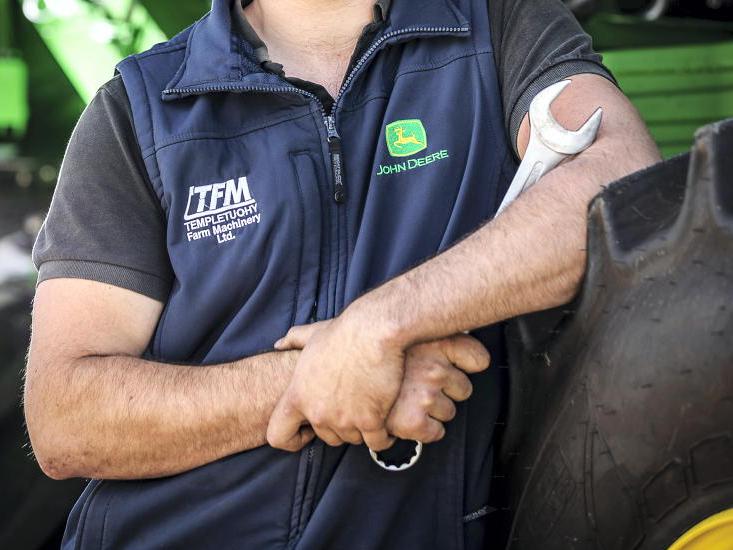
\ Philip Doyle
This is the perfect apprenticeship for anyone who loves machinery, is physically active and an avid problem solver. Most mechanical courses are up to four years in length and successful completion will give you a Level 6 Advanced Certificate Craft. It is definitely a jam-packed apprenticeship. Apprentices can expect to work with a range of farm machines such as crop sprayers, bale wrappers or combine harvesters. As many skills overlap, agricultural mechanics will be able to use their attained skills in other areas like repairing forklift trucks and earth-moving vehicles. Apprentices will learn to use special tools and equipment, diagnose problems in farm machinery, repair them and learn to read technical instructions and diagrams. You have to find your own employer for the on-the-job part of the apprenticeship. Your employer then has to register with SOLAS. There are already many registered employers listed on the ‘Generation Apprenticeship’s Jobs Portal’. The off-the-job part of the apprenticeship happens at various training centres, such as Waterford Wexford Training Services and Athlone Training Centre.
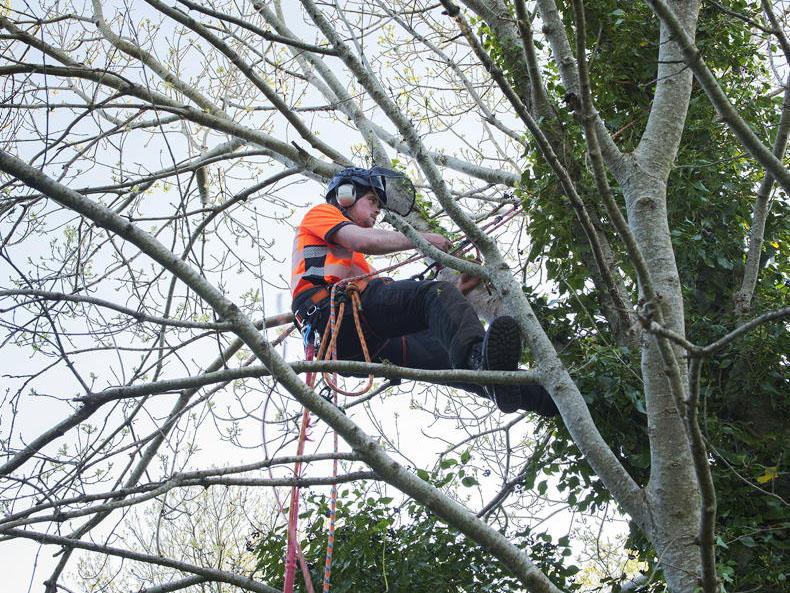
\ Michael McLaughlin
If working outdoors in the fresh air is your preferred working environment (and you are not afraid of heights), an arboriculture apprenticeship might be for you. Arboriculture focuses on the study and care of trees. A QQI Level 6 Advanced Certificate is awarded at the end of your two-year apprenticeship. You will learn to identify different tree species, tree biology and how to use different equipment such as chainsaws, pole pruners and woodchippers. Soil is an important component of arboriculture and apprentices will also learn about soil science and pest control. Apprenticeships are offered by Galway and Roscommon Education and Training Board and Greentown Environmental.
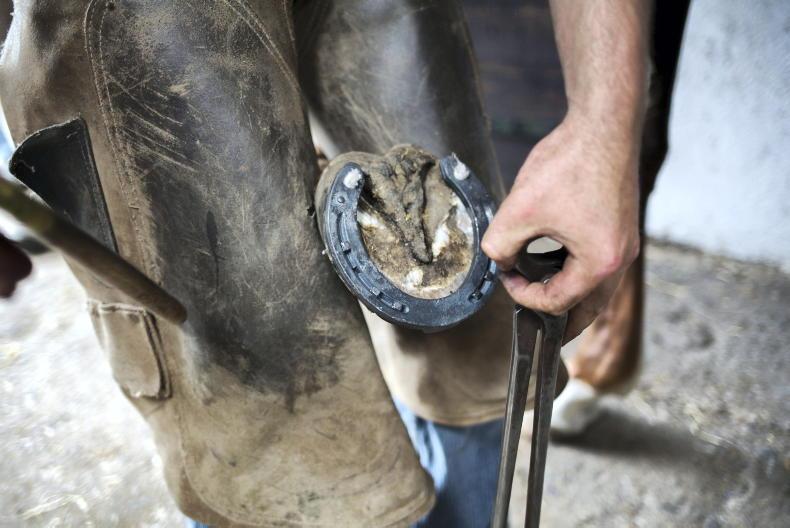
Love horses? An apprenticeship in farriery will definitely get you one step closer to them. In four years, apprentices learn everything to do with the making and fitting of horseshoes. After successful completion, you will receive a Level 6 Advanced Certificate. You will attain skills in horsemanship and learn how to use tools for both hot and cold shoeing techniques. Horse anatomy, physiology and injuries connected to legs and hooves are also covered, giving you a deeper understanding of horses. Apprentices will also learn about corrective foot trimming measures and remedial shoemaking. Forge and Farrier and Farriery Ireland provide apprenticeships.
Read more
Start-up life in ag tech: advice from Terry Canning - CattleEye
Agri Careers Profile: Tadhg Buckley - AIB to IFA
There is nothing wrong with deciding not to choose a college course and it is important to know that there are other options out there. An apprenticeship is one of those options.
Apprenticeships combines a mixture of on-the-job learning and classroom-based learning.
They are paid and the duration can be shorter than the average college course.
If an apprenticeship is something you are considering after your Leaving Certificate, Irish Country Living has found a few which might spark your interest.
This apprenticeship is for anybody interested in the cultivation of plants. Although all horticulture apprenticeships have a strong emphasis on sustainability, there are some specific to organic horticulture. Apprentices are awarded a Quality and Qualifications Ireland (QQI) Level 5 Certificate upon completing the one-year apprenticeship. Many apprenticeships have field trips and group discussions included in their modules. Topics covered include soil science, biological diversity, plant identification and organic principles. You will also learn all the ins and out of growing, caring and harvesting fruit and vegetables. Some horticulture courses also include modules on beekeeping. The Organic College and Dundrum College of Further Education offer horticulture apprenticeships.

If your aim is to work in the food industry, a butchery apprenticeship is a good choice as a career path. As one of the oldest professions, it is deemed a craftmanship today. Most butchery apprenticeships are two years long and successful apprentices will achieve a QQI Level 5 Certificate. You will learn how to cut and prepare meat, as well as learning to create attractive counter displays. Other skills taught include wrapping, weighing and pricing cuts of meat. Health and safety as well as food hygiene are integral topics of the butchery apprenticeship. Some apprenticeship programmes also train you in business and customer service skills. Butcher apprenticeships are offered by James Whelan Butchers, FX Buckley Family Butchers and the Mayo Sligo Leitrim Education and Training Board.

\ Philip Doyle
This is the perfect apprenticeship for anyone who loves machinery, is physically active and an avid problem solver. Most mechanical courses are up to four years in length and successful completion will give you a Level 6 Advanced Certificate Craft. It is definitely a jam-packed apprenticeship. Apprentices can expect to work with a range of farm machines such as crop sprayers, bale wrappers or combine harvesters. As many skills overlap, agricultural mechanics will be able to use their attained skills in other areas like repairing forklift trucks and earth-moving vehicles. Apprentices will learn to use special tools and equipment, diagnose problems in farm machinery, repair them and learn to read technical instructions and diagrams. You have to find your own employer for the on-the-job part of the apprenticeship. Your employer then has to register with SOLAS. There are already many registered employers listed on the ‘Generation Apprenticeship’s Jobs Portal’. The off-the-job part of the apprenticeship happens at various training centres, such as Waterford Wexford Training Services and Athlone Training Centre.

\ Michael McLaughlin
If working outdoors in the fresh air is your preferred working environment (and you are not afraid of heights), an arboriculture apprenticeship might be for you. Arboriculture focuses on the study and care of trees. A QQI Level 6 Advanced Certificate is awarded at the end of your two-year apprenticeship. You will learn to identify different tree species, tree biology and how to use different equipment such as chainsaws, pole pruners and woodchippers. Soil is an important component of arboriculture and apprentices will also learn about soil science and pest control. Apprenticeships are offered by Galway and Roscommon Education and Training Board and Greentown Environmental.

Love horses? An apprenticeship in farriery will definitely get you one step closer to them. In four years, apprentices learn everything to do with the making and fitting of horseshoes. After successful completion, you will receive a Level 6 Advanced Certificate. You will attain skills in horsemanship and learn how to use tools for both hot and cold shoeing techniques. Horse anatomy, physiology and injuries connected to legs and hooves are also covered, giving you a deeper understanding of horses. Apprentices will also learn about corrective foot trimming measures and remedial shoemaking. Forge and Farrier and Farriery Ireland provide apprenticeships.
Read more
Start-up life in ag tech: advice from Terry Canning - CattleEye
Agri Careers Profile: Tadhg Buckley - AIB to IFA










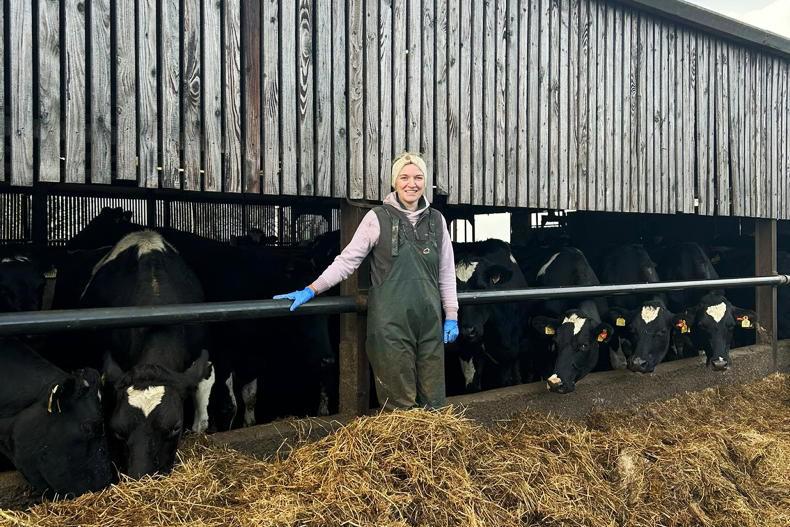

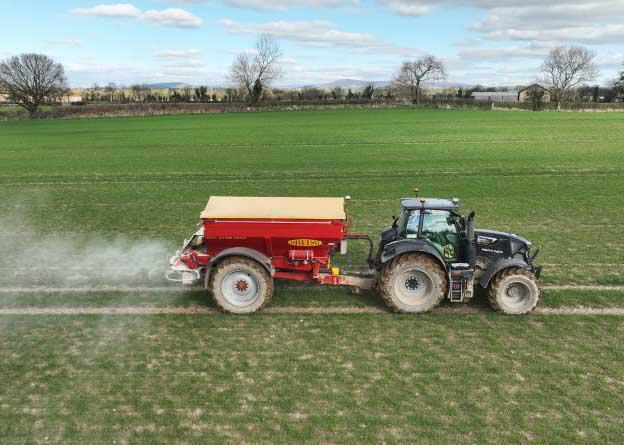
SHARING OPTIONS